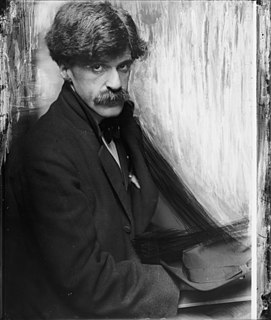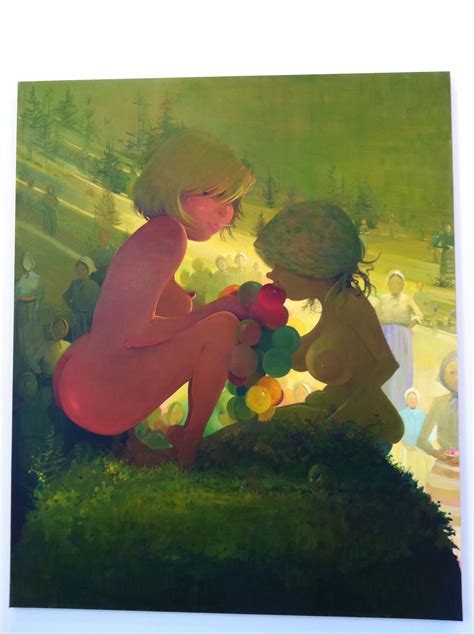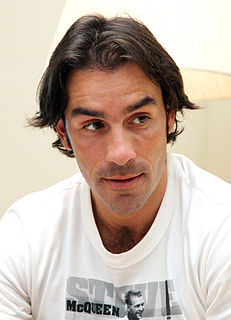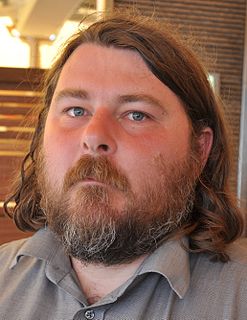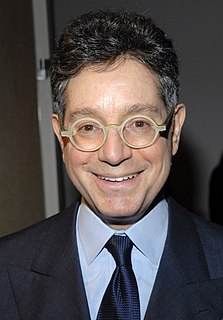A Quote by Oscar Wilde
Art is not to be taught in Academies. It is what one looks at, not what one listens to, that makes the artist. The real schools should be the streets.
Related Quotes
When I taught art, I was always asked, 'How do you know you're an artist? What makes you an artist?' And to me, it's like breathing. You don't question if you breathe; you have to breathe. So if you wake up in the morning, and you have to realize an idea, and there's another idea, and another, maybe you are really an artist.
The academisation of schools under New Labour helped the Conservatives bring free schools into being. They said the new model would allow enthused parents to open schools. Instead, most free schools and academies are run by large chains that can outsource their IT facilities, cleaning services and other non-teaching jobs.
One of the crucial underpinnings of New York as a culture capital is that there are multiple markets. There is not just one art gallery district, there are several art gallery districts. I feel that there should be art galleries and art studios in every neighborhood without exception. They should be integrated into the social and physical fabric of the streets. If we want a lively city, we can't just have high towers and dense constructions, we have to have living organisms of streets and neighborhoods. And the arts are a crucial part of that.
Having music in the schools, having art in the schools, having art in your life, should not be heroic. It should be every day. Having things we've paid for years ago and that we depend on kept up - our schools, our political institutions - should not be a heroic act. It should be part of our daily citizenship. The idea that we had to do this incredibly exhausting, two-year-long, very expensive, labor intensive, community-based action, is, one the one hand unbelievably great, and, on the other hand, really depressing.
I started getting really curious about art. I read about the Dadaists and the Futurists and the Constructivists - those kind of movements which were reflecting the angst of the people of their times. Their work was trying to lead a movement. I began thinking about what was happening, with painting on the streets and painting on the trains as being similar but also coming from a real, pure space. It wasn't being created by academies. It was a spontaneous combustion of ideas that just happened.
I think evolution should be taught as an accepted principle. I say that also as the daughter of a school teacher, a science teacher, who has instilled in me a respect for science. I think it should be taught in our schools. I won't ever deny that I see the hand of God in this beautiful creation that is earth. But - that is not a part of state policy or a local curriculum in a school district. Science should be taught in science class.



